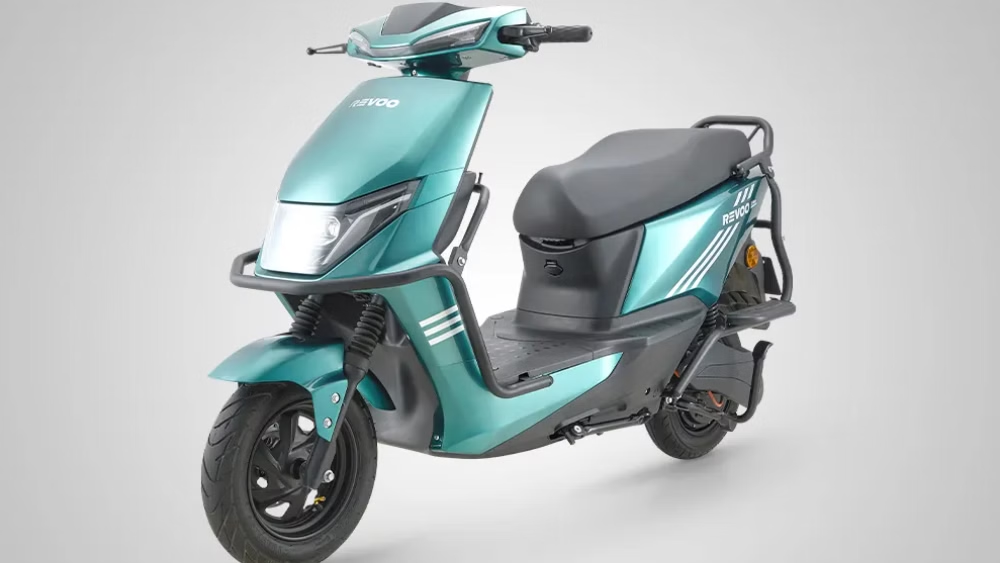Now Reading: Govt to Launch New EV Policy on August 14 with Rs. 100 Billion IMF-Backed Subsidy
-
01
Govt to Launch New EV Policy on August 14 with Rs. 100 Billion IMF-Backed Subsidy
Govt to Launch New EV Policy on August 14 with Rs. 100 Billion IMF-Backed Subsidy

Govt Announces New EV Policy to Promote Green Transport in Pakistan
The government of Pakistan is set to launch a new EV policy on August 14, aligning with Independence Day celebrations. Backed by the International Monetary Fund (IMF), the five-year plan will support the country’s shift to eco-friendly transport, especially focusing on electric bikes and rickshaws.

New EV Policy to Launch with Rs. 100 Billion Subsidy
The new EV policy will include a Rs. 100 billion subsidy, helping Pakistan move towards clean and energy-efficient transportation. For the current fiscal year, the IMF has approved Rs. 9 billion to kick-start this transition.
The policy plans to distribute 116,000 electric bikes within two years from the date of implementation. Each electric bike or rickshaw will receive a subsidy of about Rs. 50,000, making it more affordable for the public.
Focus on Fixing Past EV Policy Failures
This policy is designed to correct the shortcomings of the earlier EV policy, which did not meet its goals. Out of the planned 500,000 electric two- and three-wheelers, only 50,000 were introduced.
Similarly, just 200 electric buses were launched out of the target of 1,000. The situation was worse for four-wheelers and trucks, where the market saw only 3,000 and 1,000 units respectively, compared to the expected 100,000.
Future Subsidy Allocation Plan
To ensure smooth implementation, the government has mapped out year-wise subsidy allocations:
- FY27 – Rs. 19 billion
- FY28 – Rs. 24.16 billion
- FY29 – Rs. 26.62 billion
- FY30 – Rs. 22.64 billion
This long-term plan is expected to create a strong foundation for sustainable electric mobility in Pakistan.
Official Launch by Prime Minister on Independence Day
Prime Minister Shehbaz Sharif is expected to formally announce the new EV policy and launch the first phase of electric bike distribution on August 14. This marks a major step towards making transport in Pakistan greener and more energy-efficient.
Conclusion: A Greener Future on the Road
The new EV policy backed by the IMF shows the government’s strong commitment to clean energy and affordable transport. With a clear plan and financial support, this policy could finally deliver on the promise of electric mobility for all.










